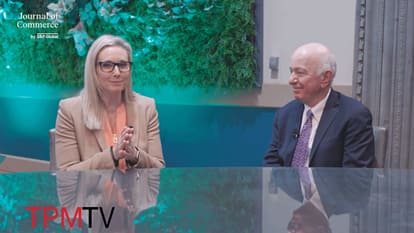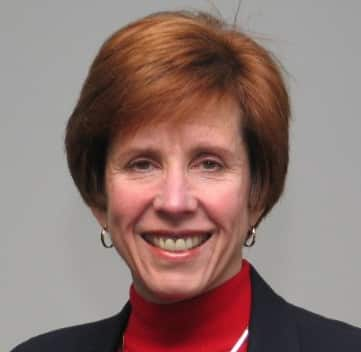- Program
- What's New
- Speakers
- Who's Attending
- TPM Community
- Partners
- Media

TPM TV
Episodes of exclusive TPM content featuring interviews of key stakeholders and attendees.
WATCH NOW - About

About TPM
The must-attend conference for the trans-Pacific and global container shipping and logistics community
LEARN ABOUT TPM - Get Updates
- FAQ's
Sessions With Lee Kindberg
Tuesday, 5 March
-
09:20am - 10:00am (PST) / 05/mar/2024 05:20 pm - 05/mar/2024 06:00 pm
Decarbonization Takes Center Stage for BCOs
Although maritime decarbonization was left unmentioned in the 2015 Paris Climate deal — the task instead was delegated to the International Maritime Organization — growing pressure for action is coming to bear on maritime, including containers, most recently at the #COP28 UN climate conference in the United Arab Emirates in late 2023. For containers, the impetus for action is increasingly falling to retailers, manufacturers, and other shippers or BCOs. Only a few so far are willing to pay more to reduce emissions. A coalition of BCOs called Cargo Owners for Zero Emissions Vessels, or coZEV, is pooling volumes and going to bid for zero-carbon container shipping. For the next few years, as the IMO writes rules to implement its mid-2023 pledge to eliminate greenhouse gas emissions from shipping by around 2050, BCOs stepping up and paying above-market pricing will be the only viable decarbonization pathway in containers. The options are there in the form of biofuel products that offer BCOs verified carbon reduction able to be used in ESG carbon accounting. Zero-emission capacity will expand in coming years as 125 ships (as of late November) able to run on methanol upon delivery hit the high seas, as well as 50 more able to be converted later, according to S&P Global Market Intelligence. This session will dive into this topic, providing guidance for BCOs on what to expect in terms of regulatory rulemaking, costs and practicalities. In the process, it will answer the following questions:
• What new regulations is the IMO likely to implement and when?
• How can logistics teams translate corporate ESG commitments into practical action on Scope 3 emissions?
• What zero-carbon shipping options are available to shippers and what do they cost?

